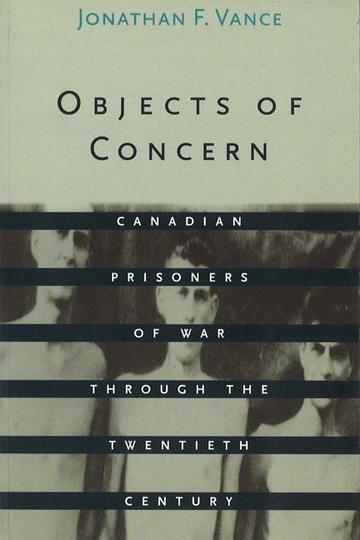About BC Books Online
BC Books Online was created for anyone interested in BC-published books, and with librarians especially in mind. We'd like to make it easy for library staff to learn about books from BC publishers - both new releases and backlist titles - so you can inform your patrons and keep your collections up to date.
Our site features print books and ebooks - both new releases and backlist titles - all of which are available to order through regular trade channels. Browse our subject categories to find books of interest or create and export lists by category to cross-reference with your library's current collection.
A quick tip: When reviewing the "Browse by Category" listings, please note that these are based on standardized BISAC Subject Codes supplied by the books' publishers. You will find additional selections, grouped by theme or region, in our "BC Reading Lists."
Fifteen thousand Canadians were captured during Canada’s twientieth-century wars. They experienced the bewilderment that accompanied the moment of capture, the humiliation of being completely in the captor’s power, and the sense of stagnating in a backwater while the rest of the world moved forward. Jonathan Vance provides the first comprehensive account of how the Canadian government and non-governmental organizations have dealt with the problems of prisoners of war, examining Canada’s role in the formation of aspects of international law, the growth and activities of national and local philanthropic agencies, and the efforts of ex-prisoners to secure compensation for the long-term effects of captivity.
Jonathan F. Vance is a post-doctoral fellow in the Department of History and Centre for Military, Strategic, and Disarmament Studies at Wilfrid Laurier University.
[Vance] is to be applauded for his painstaking research effort and careful choice of photographs, cartoons and artwork. Our understanding of the politics surrounding POWs during the Boer War, two World Wars and the Korean War is enhanced by the materials surveyed in this handsomely-presented publication, as is our knowledge of the applicable international laws, relief activities, escape techniques, repatriation, war crimes, reintegration into society, and the POW battle for better pensions.
A fascinating study focusing on an underexplored issue. Vance tells this tale in a comprehensive and entertaining fashion.
Vance’s text provides an exhaustive and meticulous account of the individual experiences of Canadian POWs. Objects of Concern is a meaningful and valuable work, one that should be read not only by those interested in military history, but by those with an interest in the courage and spirit of Canada’s ex-POWs of the twentieth century.



